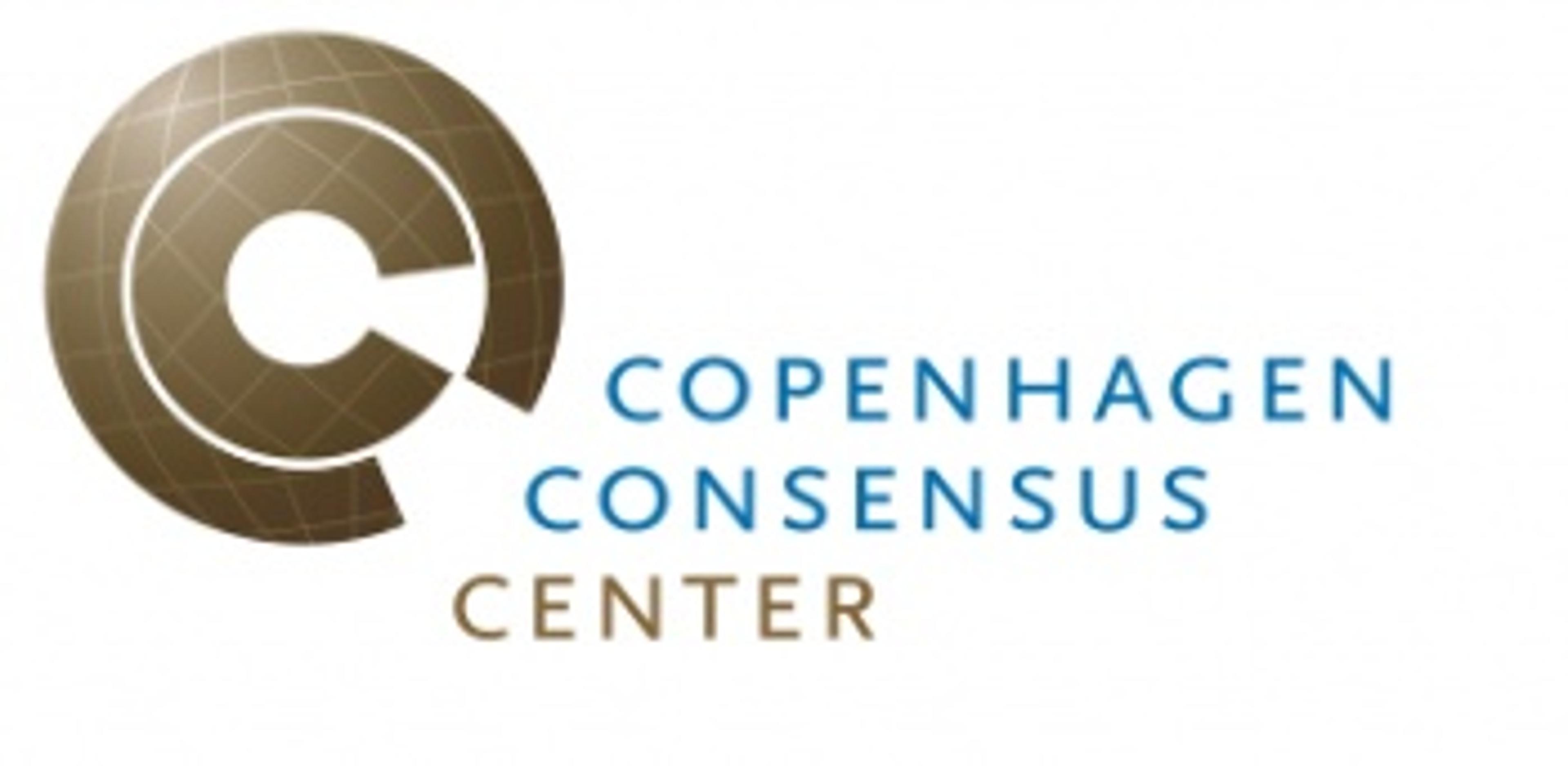Smart Development Goals: A promising opportunity to influence aid spending via post-MDGs?
Giving What We Can recently concluded its investigation of the Copenhagen Consensus Centre, discussed previously in our post “Copenhagen Consensus: Making a Bet on Catching a Big Fish”. The Copenhagen Consensus Centre (CCC), known for organising research forums on global prioritisation, aims to influence the next round of Millennium Development Goals via research and public advocacy, beginning now and continuing until the post-MDG process completes in 2015. The CCC is of particular interest to us as it represents the primary example of an organisation engaged in global prioritisation research. We are by nature highly sympathetic to this research, which we have used several times. In addition, we have done some simple modelling suggesting high levels of cost effectiveness for further funding of research of this kind.

The Millennium Development Goals (MDGs) are set by the United Nations every fifteen years and provide guidance for spending of international aid and development assistance. These goals have included cutting extreme poverty and global hunger by half. They also specify metrics by which to assess whether goals are met.
CCC’s plan is to influence the next round of MDGs by (a) involving UN ambassadors in full-day sessions exploring the results of their cost-benefit analyses, working with them to set individual priorities, (b) doing the same with the NGO community and journalists, and (c) reaching out to the public via a website and articles in major publications. CCC’s research is already fully funded, but greater funding is needed for publicity and outreach.
CCC’s case for impact is that (1) changes in the MDGs can cause large changes in the distribution of international aid, (2) the CCC can recommend goals that predictably deliver better value for money, and (3) CCC will have a good chance of influencing the MDGs. If these claims are true, then CCC can potentially move billions of dollars to higher-impact causes.
Detailed analysis suggests that the CCC is able to make a reasonable case in support of its core claims. Analysis of aid spending data, alongside testimony from NGOs and governments, shows that the MDGs are highly likely to influence a significant share of the total aid budget. It is also plausible that there is sufficient variance in the cost-effectiveness of the MDGs that rearranging them would be impactful. Finally, by focusing on cost-effectiveness and evidence-based prioritisation to a greater extent than other groups, CCC has a credible claim to be able to select better goals than other parties involved in the process.
While we are very impressed by the work of the CCC, we have a number of lingering concerns that keeps us from recommending this project alongside our top-ranked charities, such as the Against Malaria Foundation. In particular, we’re concerned that the CCC is spending too much time on controversial arguments challenging the cost-effectiveness of climate change mitigation, that the MDGs might already reach a decent outcome without their work, and that CCC experts make overly confident claims about their modelling and the future.
You can read more about CCC in the following report. Given the pressing demands of its current research work, our investigation has been constrained by the limited time available to the CCC in speaking to us, addressing our concerns, and preparing documents. Nonetheless, we believe the information contained in this report will be useful to both members and the general public.
Should you give?
While we commend the work of the CCC, we do not feel that we can yet recommend this project alongside our top recommended charities, such as Against Malaria Foundation or Project Healthy Children. However, we are taking a ‘wait and see’ attitude. This project is still in the process of getting off the ground. We do not yet know what CCC’s recommendations will be, and have limited information about what messages they will focus on in their sessions. We cannot say with very much confidence to what extent climate change is likely to figure as a focus for advocacy, nor to what extent the CCC’s recommendations will diverge significantly from those otherwise favoured by the MDGs process. We’ll continue to monitor CCC’s efforts to influence the MDGs, and are prepared to reconsider if our doubts turn out to be unfounded.